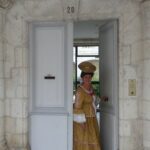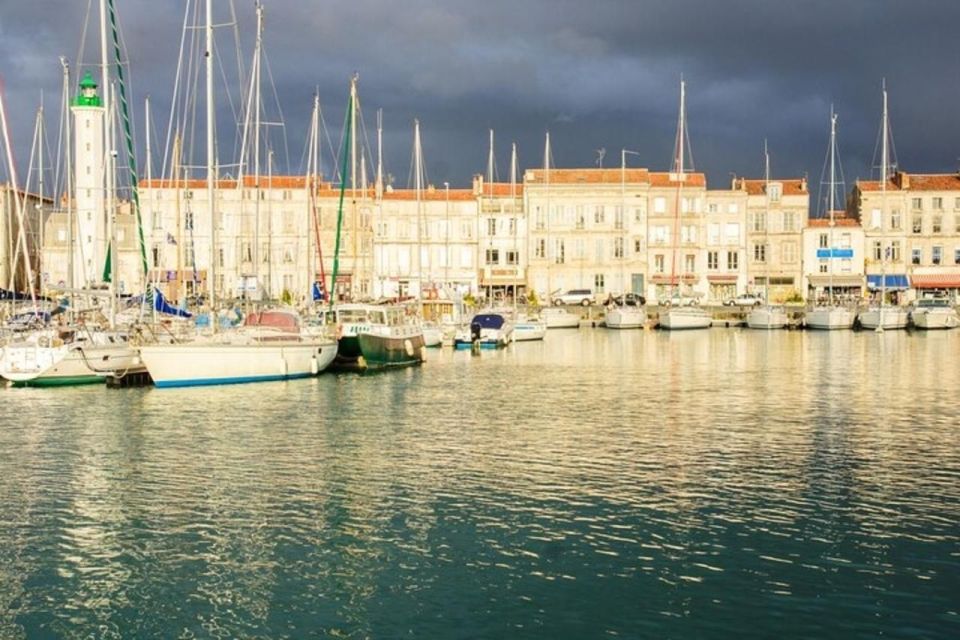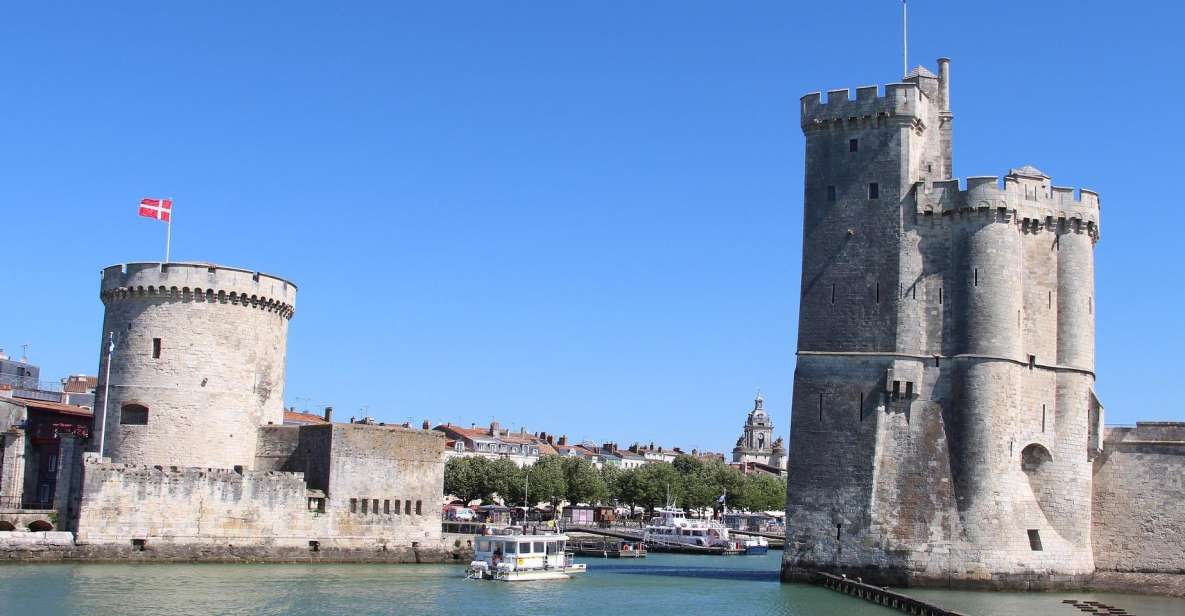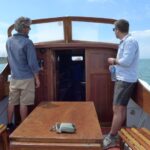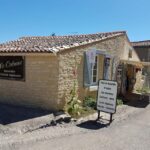This guided tour offers an in-depth look at the prosperous 18th-century merchant elite of La Rochelle. Led by a descendant of the merchant class, the tour examines the daily lives, social standing, and economic impacts of these influential families who profited from the triangular trade of sugar, molasses, and slaves. Visitors will explore private mansions, learn about the crucial role of women, and discover the devastating effects of the Haitian slave revolt on merchant fortunes. The tour covers complex historical themes, providing insights into the social and economic dynamics of the era. Those interested in delving deeper into this captivating period of history won’t want to miss this immersive experience.
This experience made our list of the 9 Best Guided Tours In La Rochelle.
Key Points
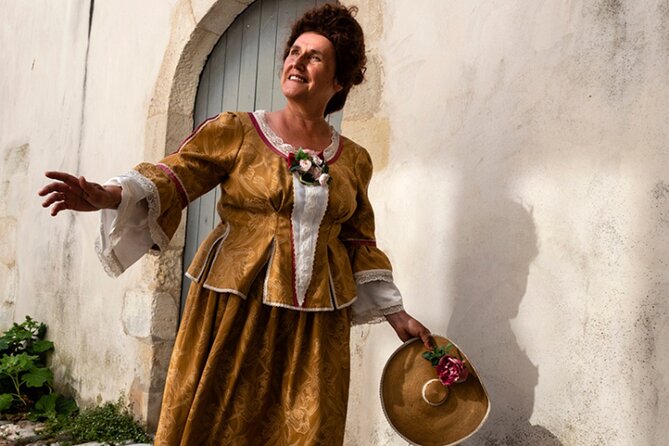
-
This guided tour focuses on the prosperous merchant elite of 18th-century La Rochelle, exploring their daily lives, the triangular trade, and the impact of the Haitian slave revolt.
-
Led by a descendant of the merchant elite, the tour provides insights into the social standing, economic activities, and strategies of these powerful families.
-
The tour examines the complex triangular trade network linking Europe, Africa, and the Caribbean, and the moral complexities surrounding the exchange of goods like sugar and slaves.
-
The crucial role of women in the social dynamics and elite gatherings of the merchant class is highlighted, as well as the fragility of their position during turbulent times.
-
The tour concludes with the devastating impact of the Haitian slave revolt on the merchant families, leading to bankruptcies and a reflection on the human cost of economic success.
Tour Overview
The guided tour of La Rochelle focuses on the merchant elite of the 18th century.
Led by Suzanne Van Hoogwerff, whose family was part of the merchant elite, the tour lasts 1 hour and 45 minutes.
Suitable for adults and children over 8, the group size is limited to a maximum of 25 travelers.
Exploring the daily life of the merchant elite who profited from the sugar trade, the tour provides insights into the triangular trade, women’s roles, and the social gatherings of the elite.
The tour also touches on the slave revolt that led to the bankruptcy of Suzanne’s own family.
You can also read our reviews of more guided tours in La Rochelle
Historical Context
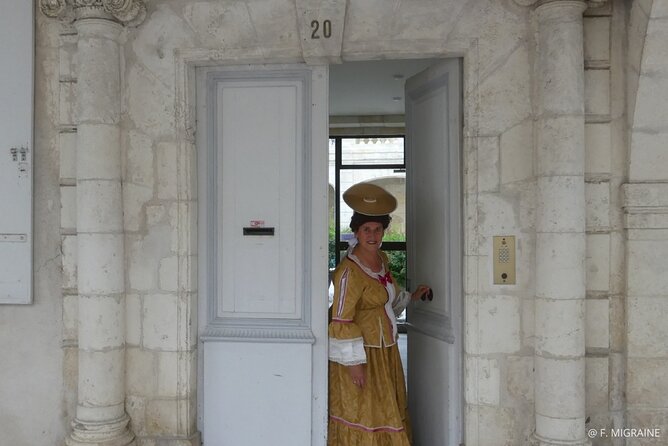
Explore the daily life of the merchant elite who profited from sugar trade (white gold) from Santo Domingo.
This guided tour provides insights into the triangular trade of the 18th century, where goods, slaves, and capital flowed between Europe, Africa, and the Caribbean.
Learn about the influential role of women in these social gatherings and the strategies they employed to integrate into the elite environment.
Hear the sobering tale of how the slave revolt in Santo Domingo led to bankruptcies, including that of the tour guide Suzanne’s own family.
This historical context offers a nuanced understanding of the complex social and economic dynamics that shaped the era.
Exploring Triangular Trade
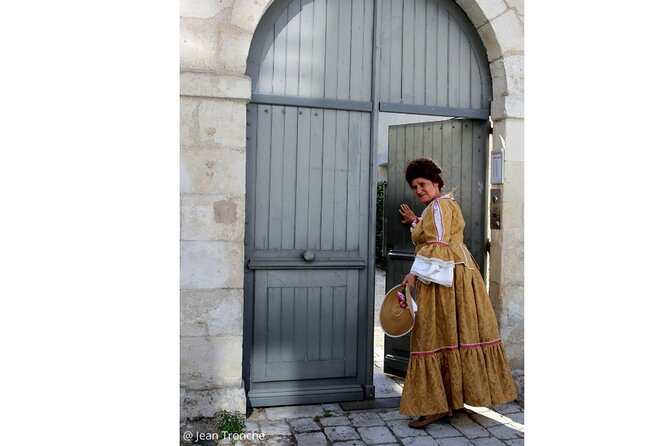
Participants explore the intricacies of the triangular trade, a complex network of economic exchange that defined the 18th century.
The tour guide, Suzanne, explains how this system linked Europe, Africa, and the Americas, fueling the merchant elite’s prosperity. She discusses the exchange of goods, including sugar, molasses, and slaves, highlighting the moral complexities that underpinned this lucrative trade.
The group gains insight into the strategies employed by the merchant class to navigate this intricate web of commercial relations, as well as the devastating impact of the slave revolt in Santo Domingo, which led to the downfall of Suzanne’s own family.
Merchant Elites’ Daily Life
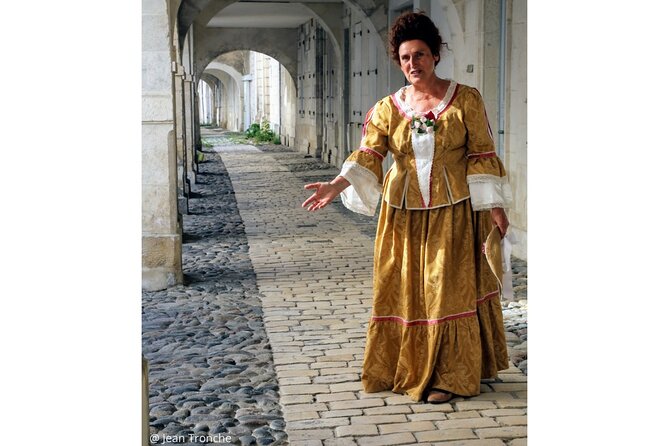
Suzanne leads the group through the private mansions of the merchant elite, offering a glimpse into their daily lives and social rituals.
The tour explores how these wealthy merchants profited from the sugar trade with Santo Domingo, known as "white gold."
Suzanne discusses the crucial role of women in maintaining the family’s social standing, hosting lavish gatherings, and strategizing to integrate into the elite circles.
The group also learns about the devastating impact of the Haitian slave revolt, which led to bankruptcies among the merchant families, including Suzanne’s own.
Throughout the tour, Suzanne provides insightful perspectives on the complex social dynamics and economic realities that shaped the lives of La Rochelle’s merchant elite in the 18th century.
Women’s Roles and Integration
Women played a crucial role in maintaining the social standing and integration of the merchant elite into the upper echelons of 18th-century La Rochelle society.
As the wives and daughters of wealthy merchants, they organized social gatherings, cultivated family connections, and strategized ways to solidify their families’ positions. Through these efforts, they ensured their families remained firmly embedded within the elite circles.
However, the slave revolt in Santo Domingo that led to the downfall of Suzanne’s own family underscores the fragility of this social order and the vulnerability even the most powerful merchant dynasties faced during turbulent times.
- La Rochelle: Coastline Sailing Cruise
★ 4.7 · 217 reviews - La Rochelle: Catamaran Cruise
★ 4.7 · 209 reviews - The Océâmes Treasure in La Rochelle
★ 5.0 · 175 reviews - La Rochelle: Sailing Cruise
★ 4.6 · 168 reviews - Discover La Rochelle: Discovery Walking Tour of La Rochelle
★ 5.0 · 154 reviews - La Rochelle: 1-Hour Boat Tour of the Bay
★ 4.7 · 130 reviews
Slave Revolt’s Impact
The slave revolt in Santo Domingo had a devastating impact on the merchant elite of La Rochelle. Many had profited from the lucrative sugar trade, known as "white gold," which depended on slave labor.
When the slave uprising in the French colony led to the loss of this vital source of wealth, it caused bankruptcies among the merchant families. Suzanne Van Hoogwerff’s own family was affected, as she mentions on the tour.
This historical event provides insight into the precarious nature of the merchants’ prosperity, which was closely tied to the exploitative systems of the colonial era. Their downfall underscores the human cost of the economic success enjoyed by the 18th-century merchant elite.
Itinerary Highlights
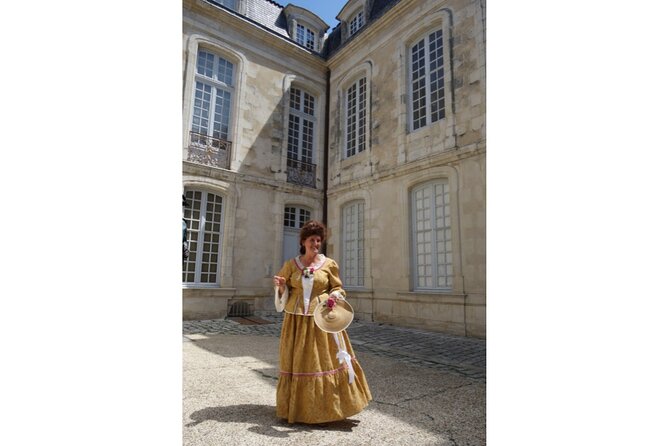
On the guided tour, visitors start at the Old Port for a discussion on the triangular trade that enriched the merchant elite of La Rochelle during the 18th century.
They then visit the courtyard of the Chamber of Commerce, the district of private mansions, the Intendance, and the Cathedral.
The tour culminates at the Hôpital Fleuriau, which now houses the New World Museum.
Throughout the 1-hour and 25-minute itinerary, the guide, Suzanne Van Hoogwerff, shares insights into the daily lives, social gatherings, and strategies for integration into the elite environment of these prosperous merchants who profited from the sugar trade with Santo Domingo.
Practical Details and Reviews
Visitors meet at the Admiral Duperré statue on 42 Quai Duperré in La Rochelle to begin the guided tour.
The tour ends at 10 Rue Fleuriau, at the Hôpital Fleuriau (New World Museum).
Confirmation is provided upon booking, and there’s free cancellation up to 24 hours before the experience.
While the tour isn’t wheelchair accessible, service animals and infant seats are allowed.
The experience has an impressive 5.0 overall rating from 21 reviews, with 20 five-star reviews highlighting the engaging storytelling and unique historical insights.
Frequently Asked Questions
Is the Tour Available in Other Languages Besides French?
The tour is available in English, as it is led by Suzanne Van Hoogwerff, who’ll provide insights into the merchant elite’s daily life and the impact of the slave revolt in the 18th century. Multilingual options may be available upon request.
How Often Does the Tour Run Throughout the Week?
The tour runs daily at 10:00 am and 2:00 pm, with additional tours on weekends and holidays as needed to accommodate demand. Reservations are recommended to secure a spot on the popular guided experience.
Can I Purchase Souvenirs or Gifts During the Tour?
Souvenirs or gifts are not available for purchase during the tour. The focus is on providing an engaging historical experience through the guided walking tour. Travelers may have opportunities to visit shops or boutiques after the tour concludes.
Are There Any Discounts Available for Seniors or Students?
Yes, the tour offers discounts for seniors and students. Travelers aged 65 and over receive a 10% discount, while students under 26 can enjoy a 15% reduction in the tour price. Advance booking is required to claim these discounts.
Can I Take Photographs During the Tour?
Yes, visitors are allowed to take photographs during the tour. However, they are asked to be respectful and avoid disrupting the guide’s narrative or interfering with the group’s experience.
Sum Up
Enjoy the captivating world of 18th-century merchant elites on this guided tour of La Rochelle. Uncover the city’s rich cultural heritage, from the pivotal role of women to the profound impact of the triangular trade. Explore the splendor and complexities of the merchant lifestyle, and gain a rare glimpse into the daily lives and economic influence of this prosperous class during the height of the sugar trade.


